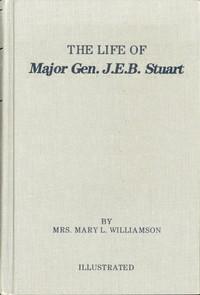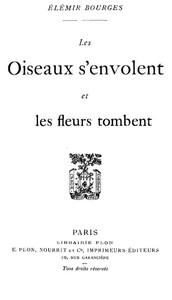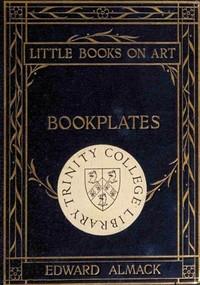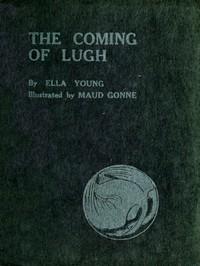Read this ebook for free! No credit card needed, absolutely nothing to pay.
Words: 46275 in 16 pages
This is an ebook sharing website. You can read the uploaded ebooks for free here. No credit cards needed, nothing to pay. If you want to own a digital copy of the ebook, or want to read offline with your favorite ebook-reader, then you can choose to buy and download the ebook.


: Life of J. E. B. Stuart by Williamson Mary L Mary Lynn Wiggins Evelina Oakley Editor - Stuart Jeb 1833-1864
LIST OF BOOKS For Reference and Teachers' Use
INTRODUCTION
Henry of Navarre was a famous French king who led his forces to a glorious victory in a civil war. An English writer, Lord Macaulay, wrote a stirring poem in which a French soldier is represented as describing this battle. Here is his picture of the great, beloved king:--
"The King is come to marshal us, in all his armor drest, And he has bound a snow-white plume upon his gallant crest. He looked upon his people and a tear was in his eye, He looked upon the traitors and his glance was stern and high; Right graciously he smiled on us, as rolled from wing to wing, Down all our line a deafening shout, 'God save our lord, the King!'
"'And if my standard bearer fall,--as fall full well he may, For never saw I promise yet of such a bloody fray-- Press where you see my white plume shine amidst the ranks of war, And be your oriflamme to-day the helmet of Navarre.'
"A thousand spurs are striking deep, a thousand spears in rest, A thousand knights are pressing close behind the snow-white crest; And in they burst and on they rushed, while like a guiding star, Amidst the thickest carnage blazed the helmet of Navarre."
These lines about the French king of the sixteenth century are often quoted in describing a gallant cavalry leader of our own country. As we read them, we see the Confederate general, "Jeb" Stuart, his cavalry hat looped back on one side with a long black ostrich plume which his troopers always saw in the forefront of the charge. His men would follow that plume anywhere, at any time, and when you read this story of his life, you will not wonder that he inspired their absolute devotion.
You have read about the lives of the peerless commander, General Robert E. Lee, and his great lieutenant, General Stonewall Jackson. In these you have learned something about the movements of the great body of our army, the infantry; but the infantry, even with such able commanders as Lee and Jackson, needed the aid of the cavalry and the artillery. It is with these two latter divisions of the army that we deal in studying the life of General Stuart. As chief of cavalry and commander of the famous Stuart Horse Artillery, he served as eyes and ears to the commanding generals. He kept them informed about the location and movements of the Federals, screened the location of the Confederate troops, felt the way, protected the flank and rear when the army was on the march, and made quick raids into the Federal territory or around their army to secure supplies and information as well as to mislead them concerning the proposed movements of Confederate forces. A heavy responsibility rested on the cavalry, and General Stuart and his men were engaged in many small but severe battles and skirmishes in which the army as a whole did not take part.
--Sir Walter Scott
LIFE OF J. E. B. STUART
James Ewell Brown Stuart, commonly known as "Jeb" Stuart from the first three initials of his name, was born in Patrick county, Virginia, February 6, 1833. On each side of his family, he could point to a line of ancestors who had served their country well in war and peace and from whom he inherited his high ideals of duty, patriotism, and religion.
He was of Scotch descent and his ancestors belonged to a clan of note in the history of Scotland. From Scotland a member of this clan went to Ireland.
Free books android app tbrJar TBR JAR Read Free books online gutenberg
More posts by @FreeBooks


: Les oiseaux s'envolent et les fleurs tombent by Bourges El Mir - French fiction 19th century FR Littérature





